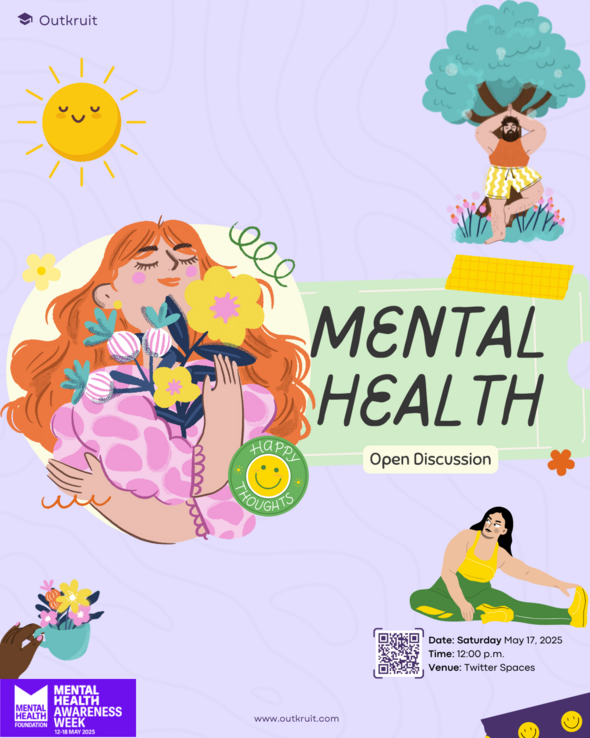Table of Contents
Why Communication Skills Matter
Active Listening: The Foundation of Effective Communication
Verbal Communication: Choosing the Right Words
Non-Verbal Communication: The Power of Body Language
Written Communication: Clarity and Professionalism
Conflict Resolution and Negotiation
Effective communication is the lifeblood of any successful career. Whether you're a fresh graduate or an experienced professional, strong communication abilities can open doors to new opportunities and help you excel. This comprehensive guide explores the importance of communication skills, provides actionable tips to become a master communicator, and shows how to effectively showcase these skills on your CV.

Why Communication Skills Matter
Communication is the lifeblood of any organisation. It facilitates collaboration, fosters teamwork, and ensures everyone is on the same page. Excellent communicators convey ideas clearly, build rapport, and navigate challenges with ease. Poor communication leads to misunderstandings, conflicts, and missed opportunities.
Active Listening: The Foundation of Effective Communication
Active listening is the cornerstone of effective communication. It involves giving full attention, processing information, and responding thoughtfully. Some tips to improve active listening include maintaining eye contact, avoiding interruptions, asking clarifying questions, and paraphrasing key points to demonstrate comprehension.
Verbal Communication: Choosing the Right Words
Verbal communication encompasses the words you use, your tone of voice, and your speaking style. To communicate effectively, you need to speak clearly and concisely You also need to modulate your tone and pace to each subject or audience. Always use positive language, and practice active listening to ensure your message is understood.
Non-Verbal Communication: The Power of Body Language
Non-verbal communication includes your body language, facial expressions, and gestures. These subtle cues can reinforce or contradict your verbal message, so it's essential to be aware of them. Make sure to maintain an open and confident posture, use appropriate gestures and facial expressions, make eye contact, and respect everyone's personal space.
Written Communication: Clarity and Professionalism
In today's digital age, written communication plays a crucial role in the workplace. Whether you're drafting emails, reports, or presentations, it's essential to communicate clearly and professionally. It is thus essential that you alwasys use a clear, concise writing style and that you proofread carefully. Always organise your thoughts logically (even if it takes longer to do so), and tailor tone and language to your audience.
Conflict Resolution and Negotiation
Effective communication is also essential for resolving conflicts and negotiating successful outcomes. When faced with a disagreement or a challenging situation, it's important to remain calm and respectful, listen actively, seek common ground, be willing to compromise, and explore alternative solutions.

Showcasing Communication Skills on Your CV
Consider the following tips to effectively showcase your communication skills on your CV.
Highlight Relevant Experience: Provide specific examples demonstrating strong communication abilities, quantifying impact where possible.
Tailor Your Skills Section: Match requirements in the job description, providing details on how you've applied those skills.
Include Relevant Sections: Add sections like languages, certifications, or volunteer experience to expand on communication skills.
Showcase in Other Areas: Your CV and cover letter are prime examples of your written communication abilities. Ensure they are well-structured, error-free, and use a clear, professional tone. You can also display your communication skills in other job application opportunities like email inquiries and informal chats.
Conclusion
Active listening, clear verbal communication, effective non-verbal communication and excellent written communication are the mainstay of great communication skills. By mastering these communication skills, you'll be better equipped to navigate the complexities of the modern workplace, build stronger relationships with colleagues and clients, and achieve greater professional success. Remember, effective communication is an ongoing journey. Continuously seek feedback, reflect on your strengths and areas for improvement, and embrace opportunities to refine your skills. With practice and dedication, you can become a master communicator and unlock your full potential.




